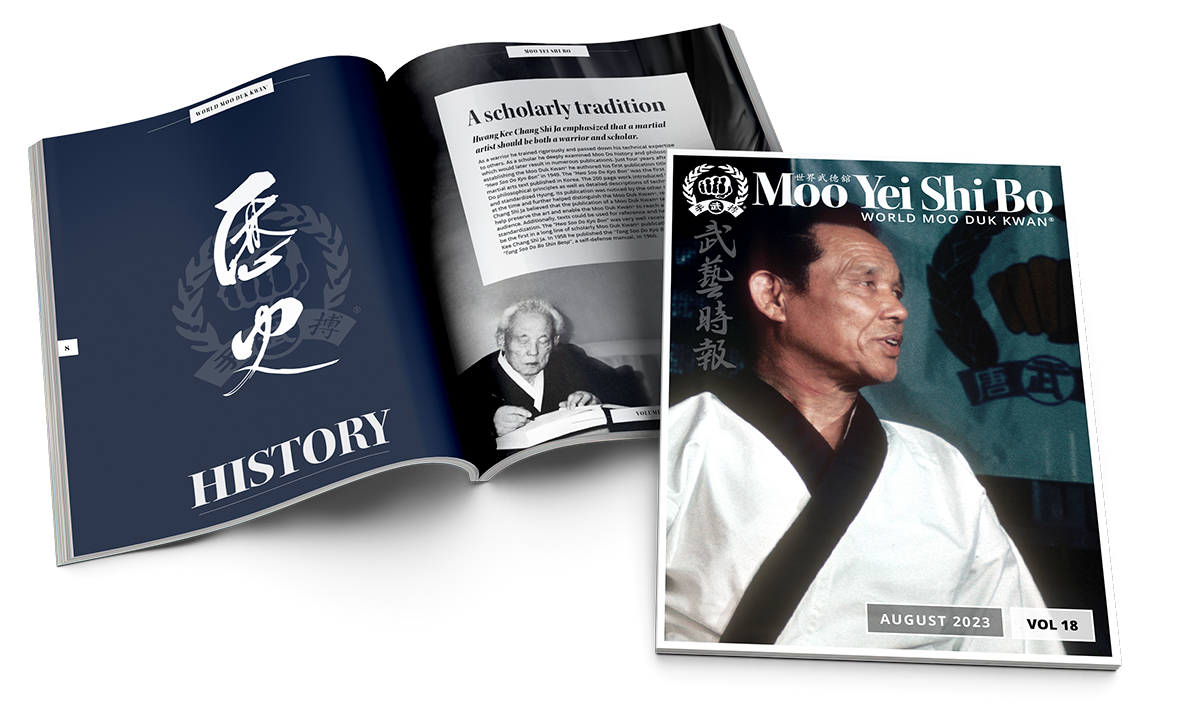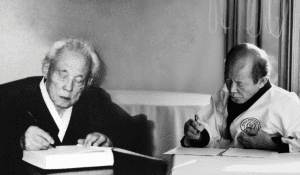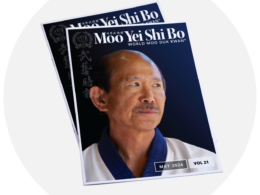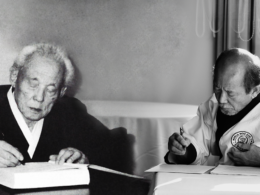Being a leader in the Moo Duk Kwan®
The wise leader does not display saintliness or award titles of good conduct. This would create a climate of successes and failures, which gives rise to competition and envy. The same thing happens when emphasizing material success: those who have a lot become greedy, and those who have little become thieves.
The wise leader (the teacher) pays careful attention to all behavior. People learn a lot when they are open to everything and not just what pleases the teacher. The leader shows that style is not a substitute for substance; that knowledge of something is no more powerful than simple wisdom. Students discover that a down-to-earth person does what needs to be done more effectively than a person who is just busy.
The leader does not claim to be special. The leader does not gossip about others or waste his breath arguing “silence is a great source of strength”. Lucid leadership is service, not selfishness. The leader grows more and stays longer by putting the well-being of everyone above his own well-being. By being generous the leader exalts his being (Moo Do In).
The leader works in any situation without complaining, with any person or subject that is presented to him; the leader acts in a way that everyone benefits and serves well without taking care of the salary; the leader speaks simply and honestly and intervenes to shed light and create harmony.
A good group is better than a spectacular group. When leaders become superstars, the teacher turns off his teaching. The wise leader settles down to work well and then lets others take over. The leader does not snatch successes because he does not need fame. Excess noise overwhelms the senses. Continuous information obscures genuine inner lucidity. Don't substitute learning for sensationalism.
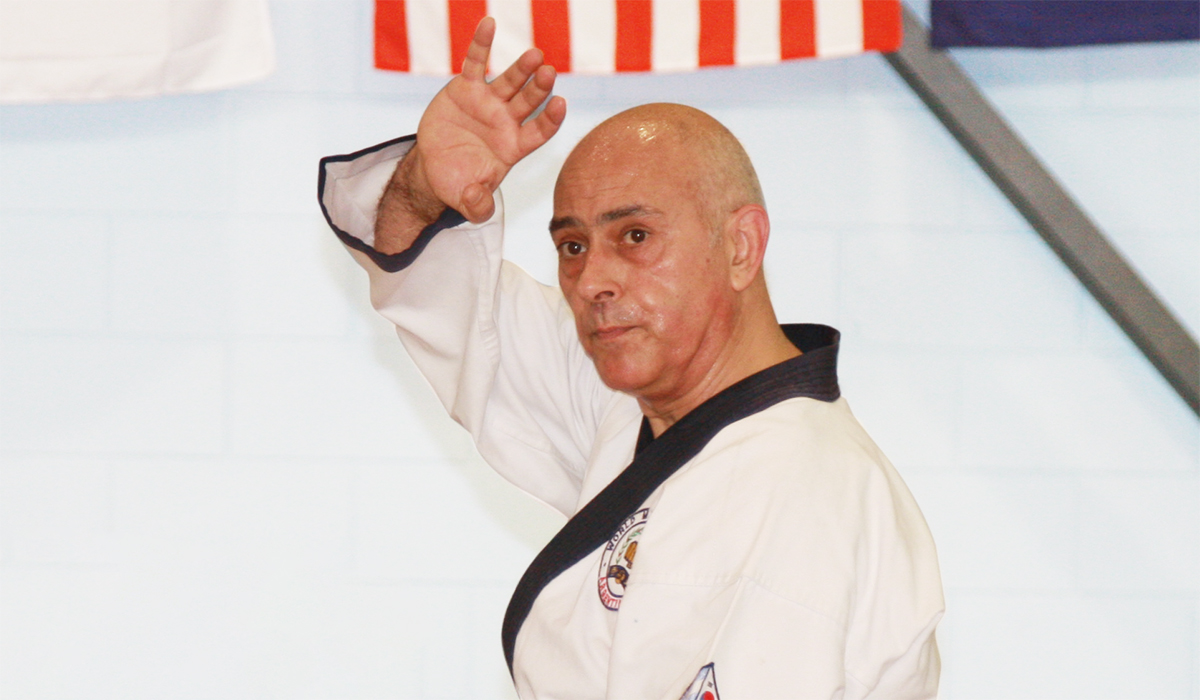
When you don't know what is happening in a group of students, don't fix your eyes on any one thing. Relax and look gently with your inner eye. When a person is calm, the complex becomes simple. Use your intuition. Put your attention on what is happening here and now. To go deeper, surrender your egoism. Get rid of your efforts to be perfect or rich or confident or admired. Such efforts only limit you.
The presence of the leader is felt, but often the group advances on its own. Remember that your duty as a leader is to facilitate the process of others. If you don't trust another's process, the other won't trust you.
When you give up trying to impress the group, you actually make yourself more impressive. But when you’re just trying to look good, the group knows and rejects you.
Final conclusion
- The brilliant leader lacks stability.
- Who rushes does not arrive.
- Who tries to shine does not illuminate.
- A leader who promotes himself is an insecure leader.
- A leader who thinks he is a leader, is an impotent leader.
A leader who is not stable can be easily swept up in the intensity of leadership and make errors in judgment, and even get sick.
Francisco Blotta Kletschke, Sa Bom | ARGENTINA






